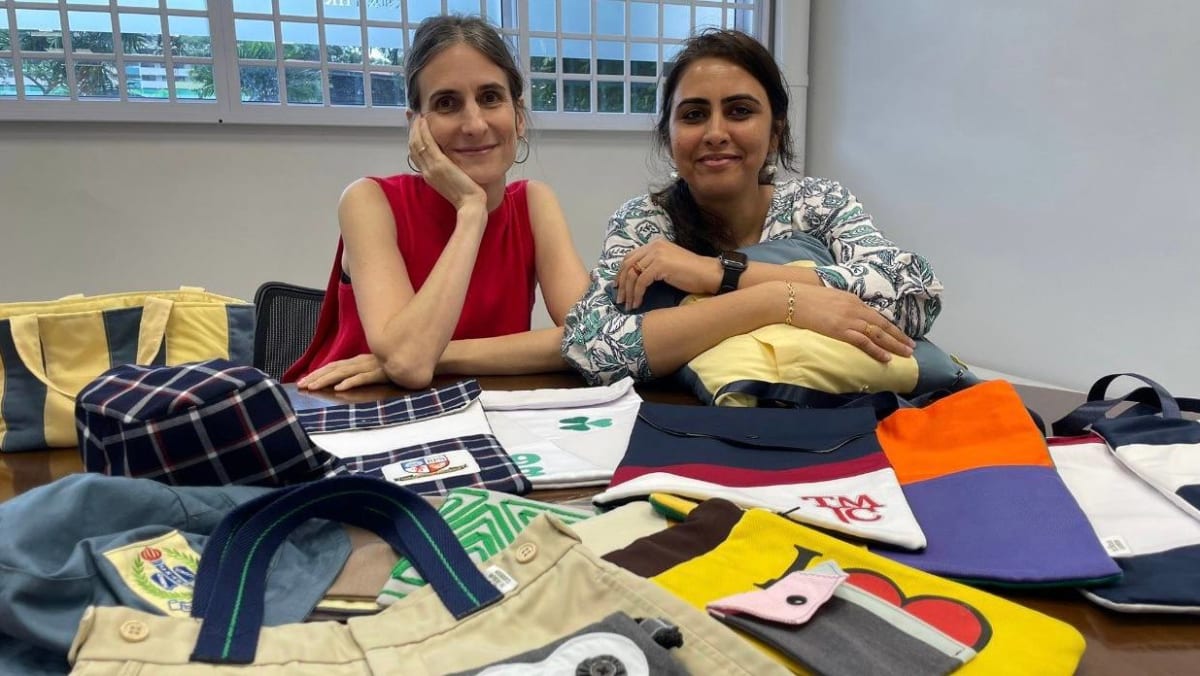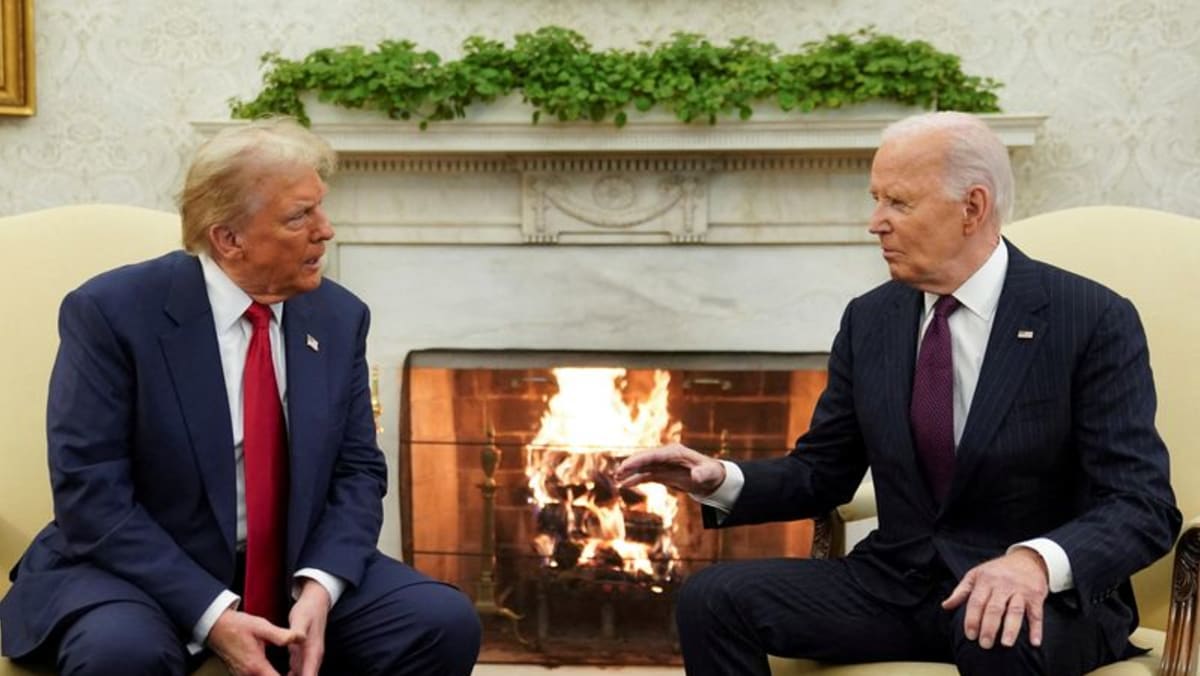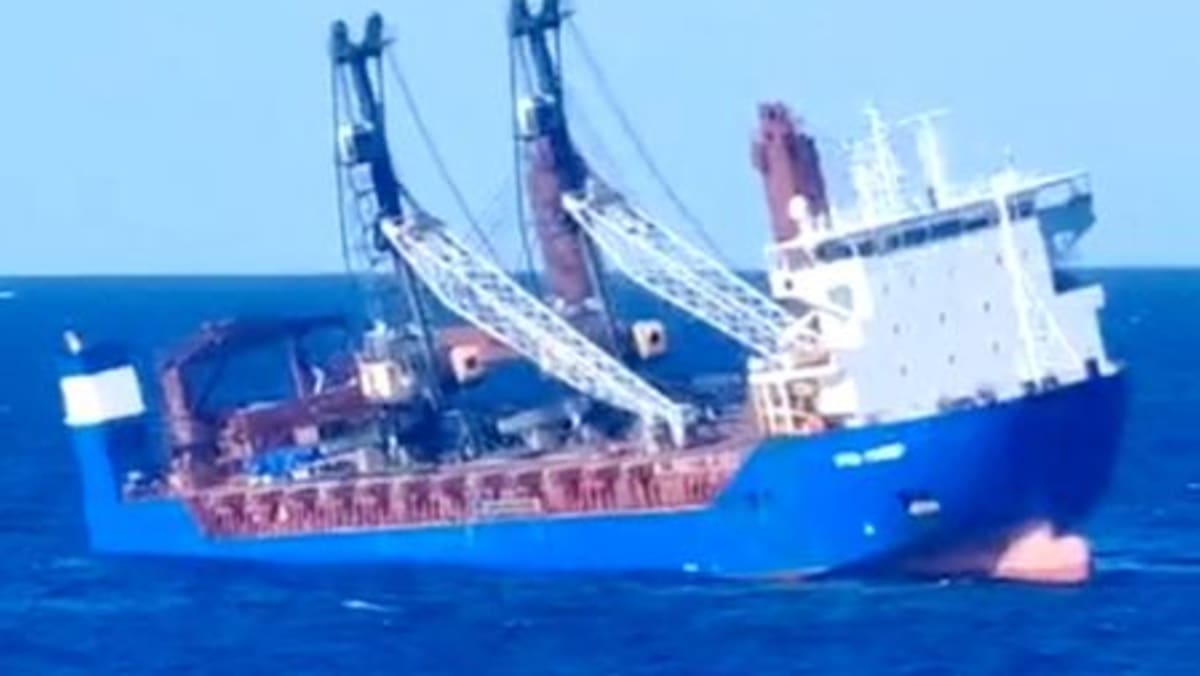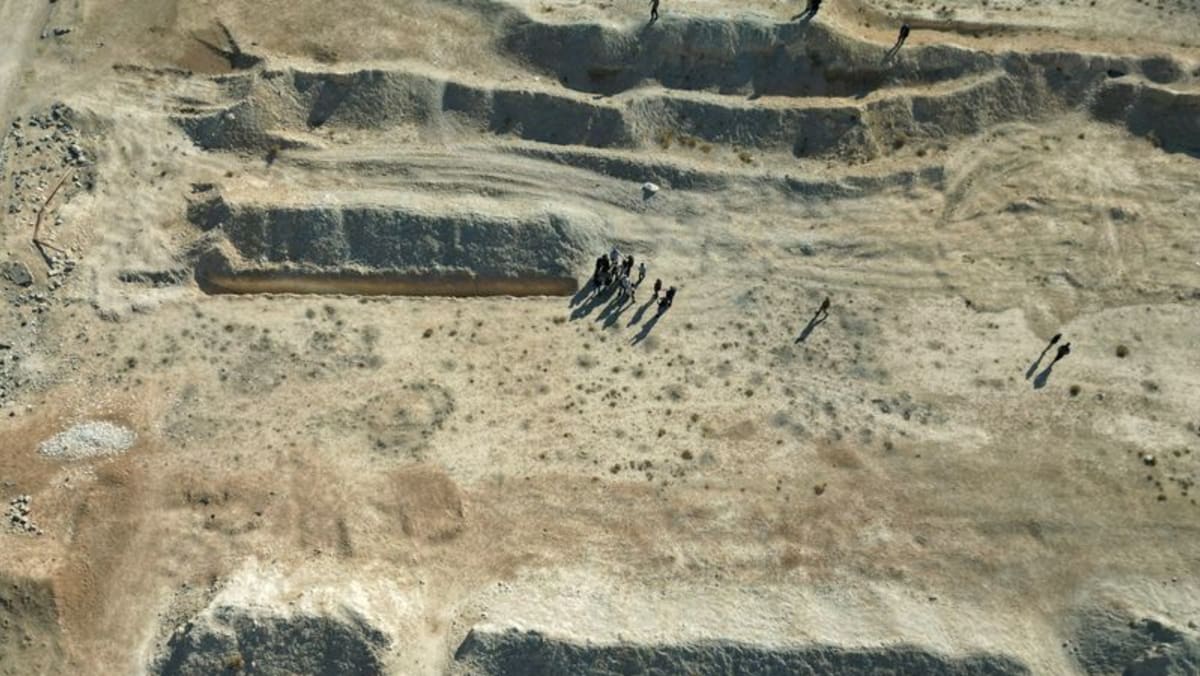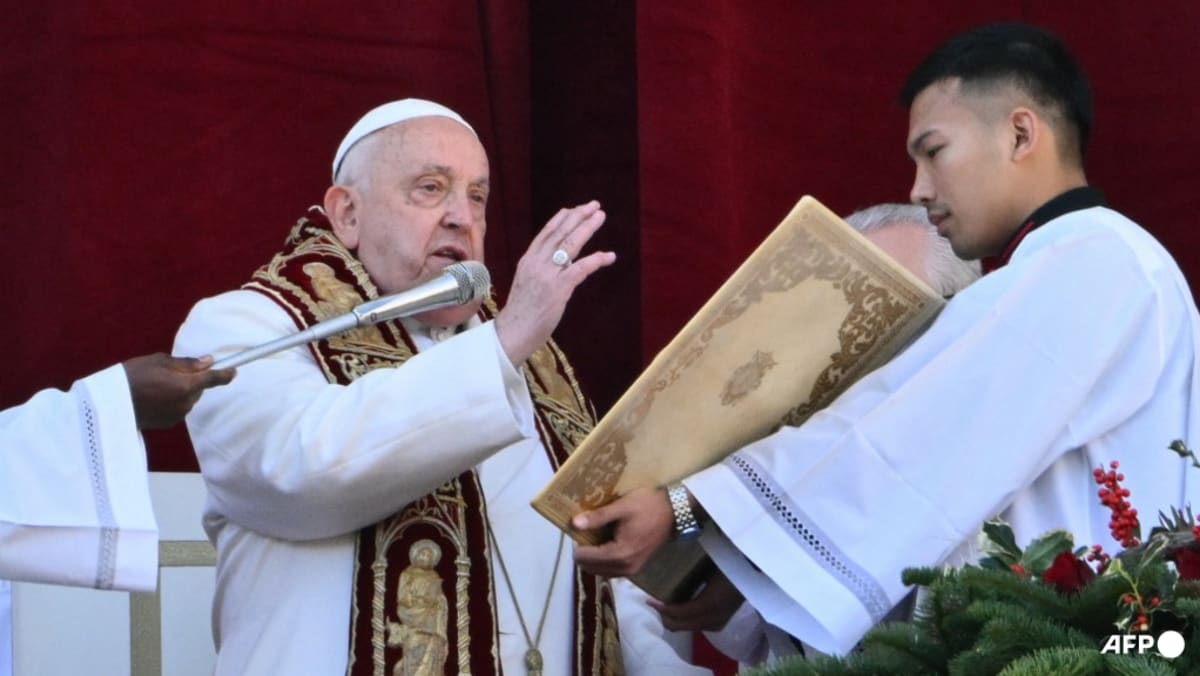One week after Libya flood, aid arrives for survivors
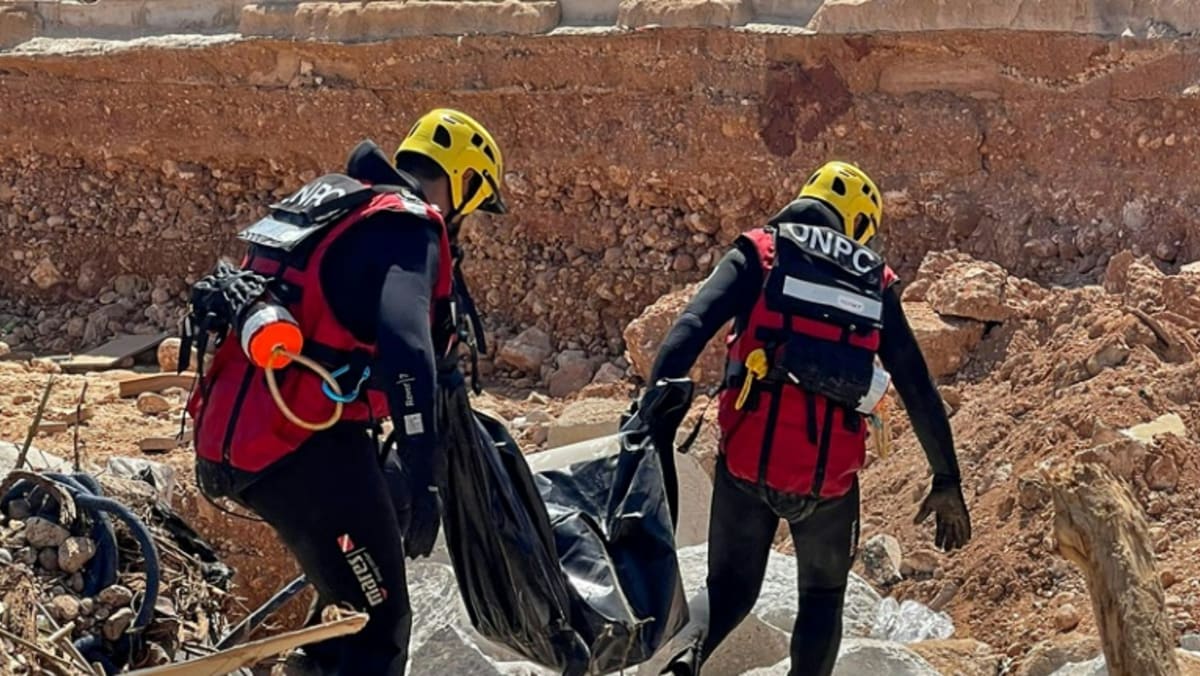
The conflicting tolls are a testament to the division and absence of centralised power that has wracked Libya since 2011’s NATO-backed uprising that overthrew dictator Moamer Kadhafi and plunged the country into years of war.
Aid is now arriving in the North African country as the world mobilises to help emergency services cope with the aftermath of the deadly flood.
At least 40,000 people have been displaced across northeastern Libya, according to the International Organisation for Migration, which cautioned the actual number is likely higher given the difficulty accessing the worst-affected areas.
Two dams upstream from Derna burst a week ago under the pressure of torrential rains from the hurricane-strength Storm Daniel.
The dams had been built upriver from the port city of 100,000 people after it was hit by significant flooding in the mid-20th century.
The banks of a dried riverbed or wadi running through the city centre had been heavily built on, and last week’s torrent swept everything before it as it rushed towards the Mediterranean.
CRACKS IN THE DAM
A week on, bodies are still being found, some washing up on the sea shore.
A rescue crew from Malta’s Civil Protection Department discovered a beach strewn with dead bodies on Friday, the Times of Malta newspaper reported.
International aid is arriving from the United Nations, Europe and the Middle East, offering some relief.
The aid includes water, food, tents, blankets, hygiene kits and medicines and emergency surgical supplies, as well as body bags and heavy machinery to help clear the debris.
In Al-Bayda, 100km west of Derna, residents waded through the layer of mud caking the floors of what were once their homes.
Ayman Jabril Saleh, a resident of Al-Bayda who survived the flood with his family inside their house, said “when we saw the state of Derna, we felt blessed” for suffering material losses only.
The damage for the devastating flooding brought by Storm Daniel was exacerbated by poor infrastructure in Libya.
Questions are being asked as to why the disaster could not have been prevented, when cracks in the dams have been known about since 1998.
Prosecutor general Al-Seddik Al-Sour has announced an investigation into the circumstances leading to the collapse.
Like much of Libya’s crumbling infrastructure, the two dams in Derna fell into disrepair during years of neglect, conflict and division.
The country is currently ruled by two rival administrations – the UN-backed, internationally recognised government in Tripoli, and one based in the disaster-hit east.
Source: CNA







